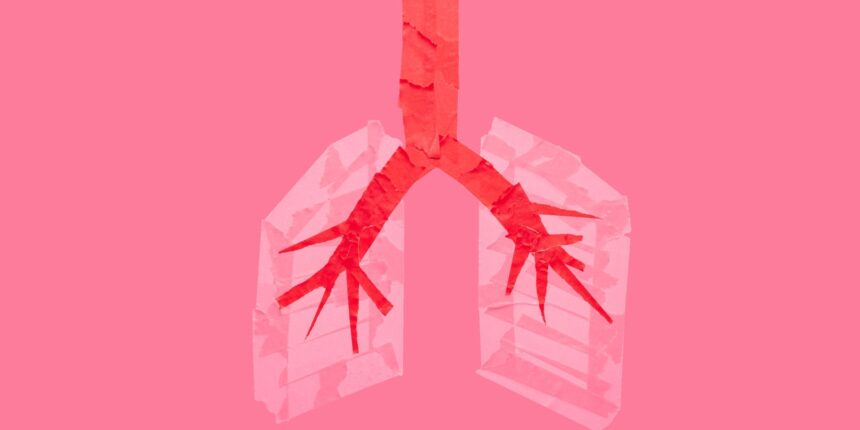A pulled chest muscle is more likely after lifting heavy objects with poor posture or overworking the area via repetitive workouts and little to no rest in between. Costochondritis can also happen after intense exercise, but respiratory infections, certain types of arthritis, coughing or vomiting too hard, or complications from surgery could be responsible for it too. And while muscle strains tend to cause pain shortly after you get hurt, costochondritis-related discomfort can develop slowly over time.
The good news? Neither condition is life-threatening and in most cases, they both resolve in about three weeks. Costochondritis sometimes can last longer than that. (My pain was on-and-off for two years!) If that happens, you may need more rigorous treatment, like steroid injections or physical therapy sessions—and you definitely need to stop doing the things that aggravate it. For me, that included any physical activity that involved opening up my chest or sleeping curled in the fetal position.
Just make sure to see a health care provider if your pain persists past this three-week mark, Dr. Mott says, so you can rule out other issues.
How do I know my chest pain isn’t a heart attack?
Heart attacks—which happen when blood flow that brings oxygen to the heart is reduced or blocked entirely—aren’t linked to pain while taking deep breaths, Glenn Levine, MD, a cardiologist and volunteer expert with the American Heart Association, tells SELF. Instead, a heart attack can feel like a pressure, tightness, or heaviness in the chest. The symptoms last longer than a few minutes, and even if they go away, they can come back, according to Dr. Levine. “It comes on for 10 minutes and goes away, comes on for 20 minutes, goes away, comes on for 30 minutes and goes away,” he says. “A pain off and on is very concerning.”
That’s unlike costochondritis, which is only triggered by specific movements. And while it can persist for weeks (or longer), it generally lasts for a few seconds at a time when you move in certain ways.
Heart attack symptoms can sometimes show up in the arms, back, neck, and jaw, and can bring on shortness of breath, nausea, cold sweats, lightheadedness, and vomiting—all of which are more common among women. If you notice any of these warning signs in yourself or someone else, you should call 911 immediately.
Other reasons your chest may hurt with deep breaths
Even if you swear you just pulled a muscle, you should never self-diagnose and instead have a medical professional check you out. Some issues that may also cause chest pain with deep breaths include pneumonia; pleurisy, which is inflammation of the lining of the chest and lungs; pericarditis, which occurs when the tissue surrounding the heart becomes inflamed; fibromyalgia, a condition that causes pain and stiffness throughout the body; or something as simple as breathing in cold air, especially if you have asthma.
All of this can be pretty anxiety-inducing! The truth is, you can’t always tell an emergency situation from a more minor inconvenience, so don’t be afraid to seek help from a health care professional, because it may ultimately save your life. But you also shouldn’t panic at the first hint of chest pain, as there can be other causes, and not all are that serious.
.
Read the full article here



